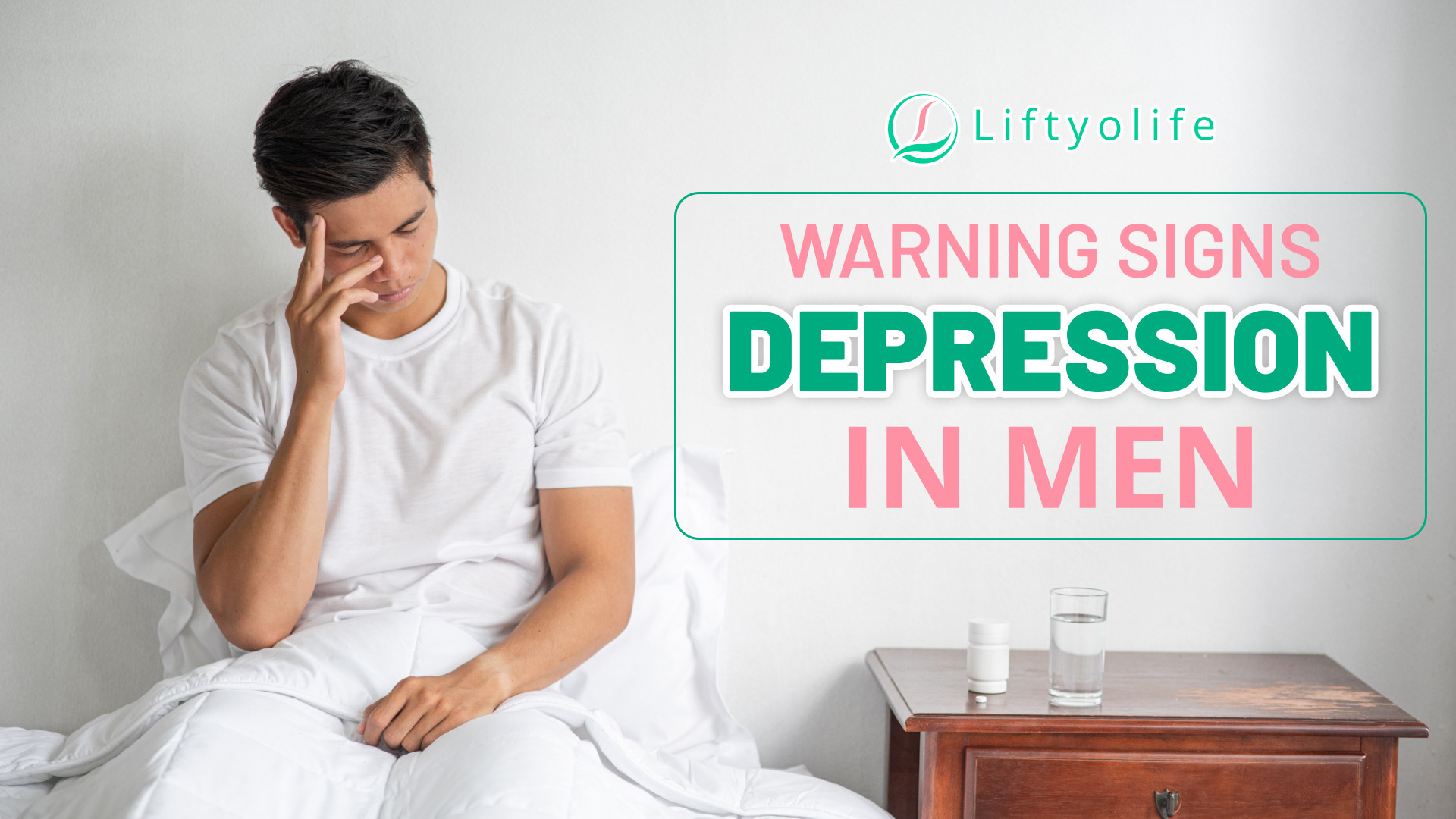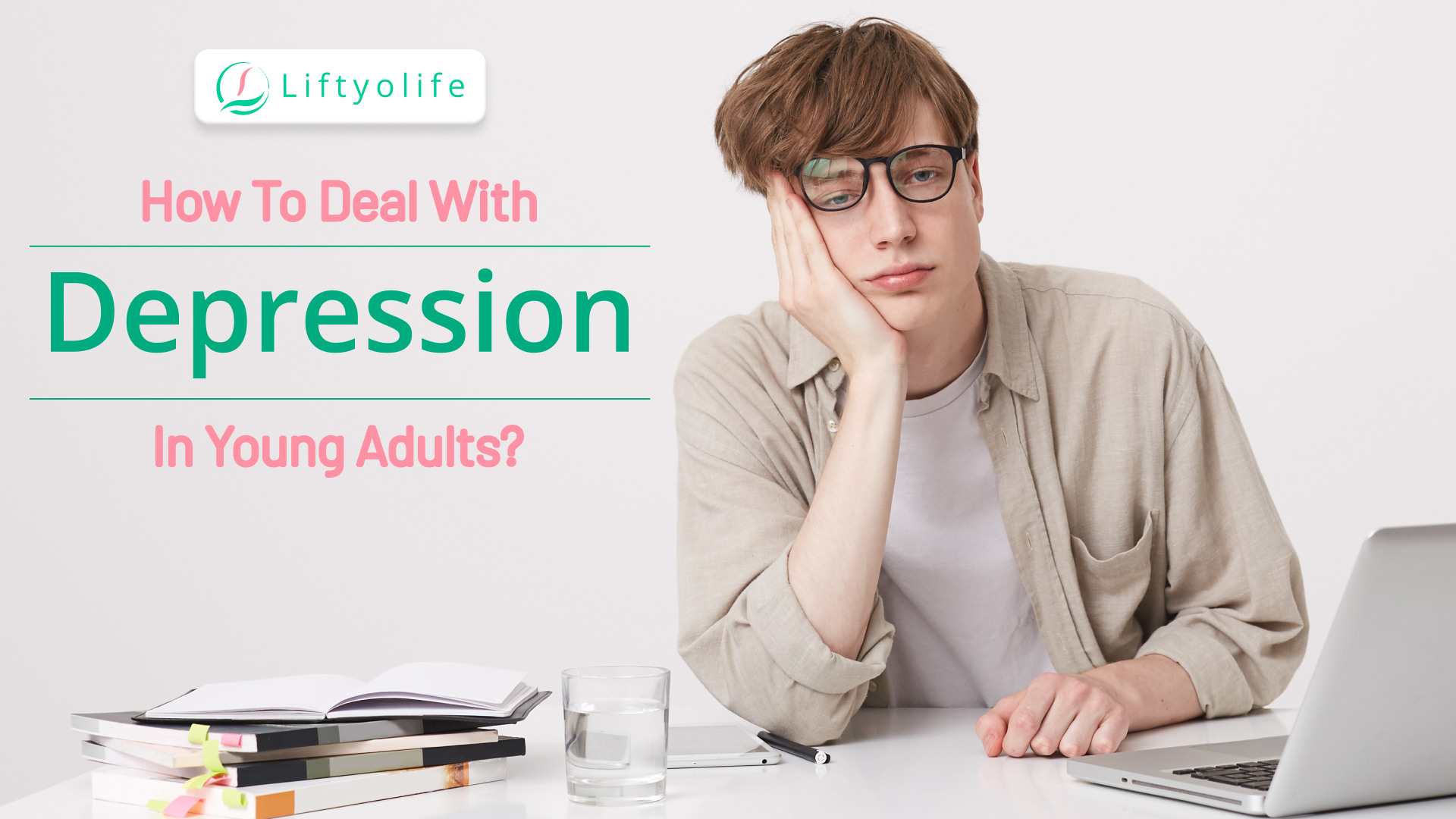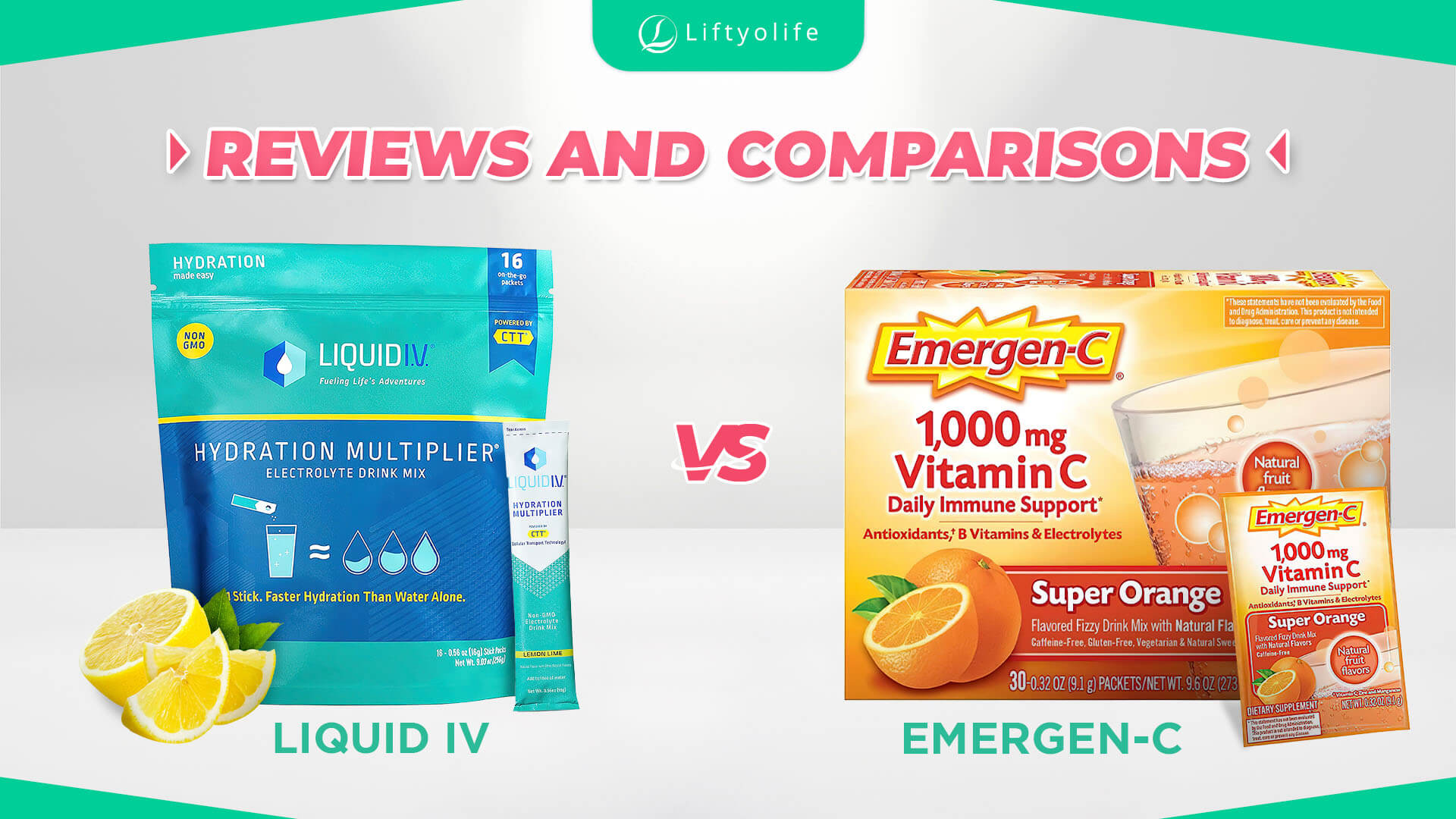Depression In Pregnancy – Moms-to-be Need To Know
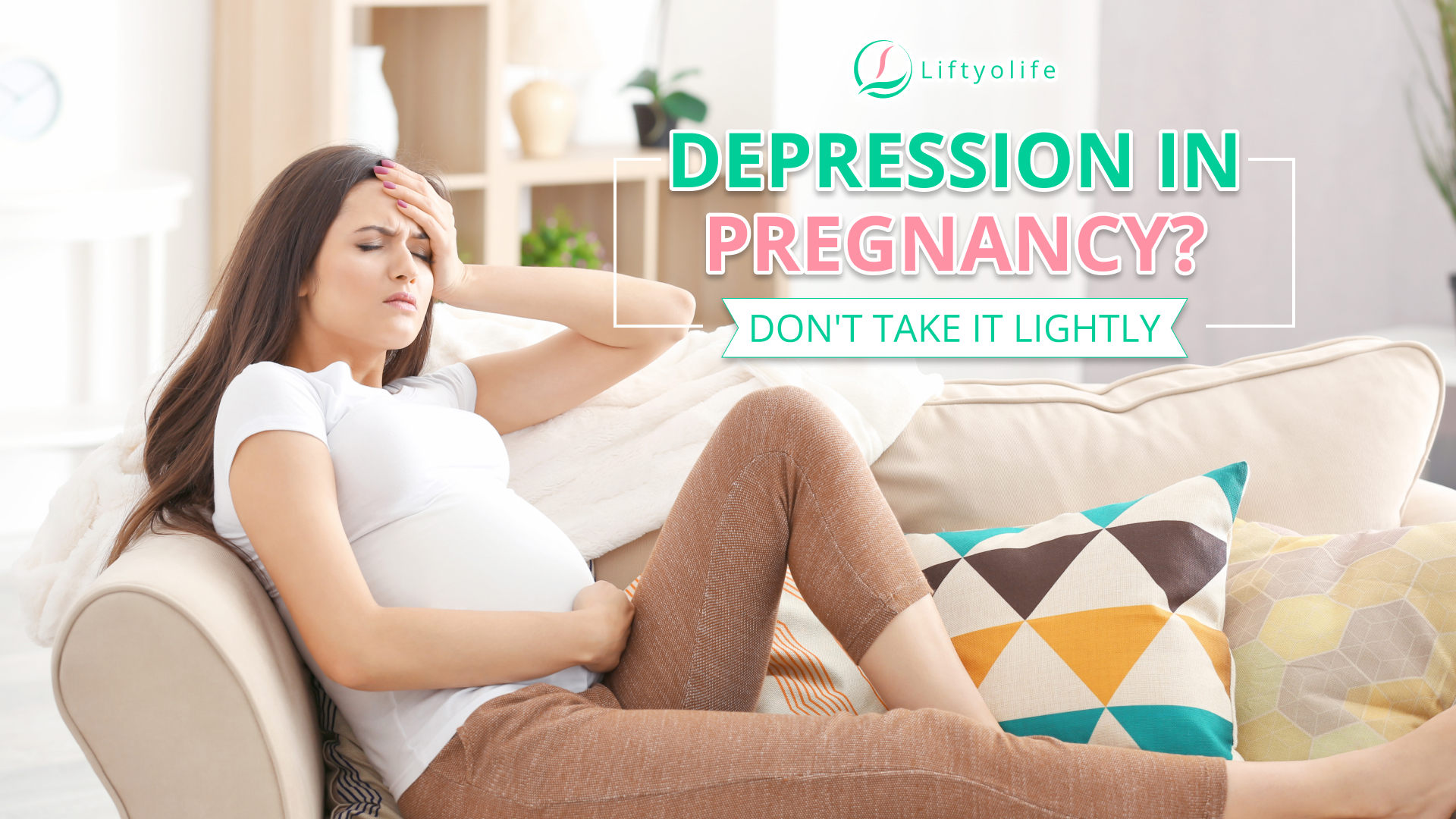
Depression in pregnancy affects up to 10% of pregnant women, with higher rates in low and middle-income countries, and the rate is only slightly lower than in the postpartum period (1) (2). Depression can significantly impact a woman’s sense of well-being, relationships, and quality of life. Untreated or inadequately treated depression can also hurt their fetus. As a result, pregnant women who are depressed should receive appropriate treatment. Liftyolife (liftyolife.com) invites you to learn more about this mental health issue.
1. What is depression in pregnancy?
Depression in pregnancy is a severe emotional disorder that affects both the mother and the fetus. Mother’s emotions are jumbled, and it’s challenging to keep her thoughts under control.
In addition, depression in pregnancy, also known as antepartum depression, is a mood disorder similar to clinical depression. Mood disorders are biological illnesses caused by changes in the brain’s chemistry.
Hormone changes during pregnancy can affect the chemicals in your brain, which are directly related to depression and anxiety. These can be exacerbated by difficult life circumstances, resulting in depression during pregnancy. Depression can last for weeks or months.
2. What are the signs and symptoms of depression?
Depression during pregnancy exhibits the same signs and symptoms like depression in general. Major depression is more than just a bad mood for a few days. If you have any symptoms of depression that last for more than two weeks, you may be depressed. However, additional indicators of depression during pregnancy include:
- Changes in your emotions
-
- Excessive worry about your baby’s well-being.
- Poor response to reassurance.
- Lacking adherence to prenatal care.
- Sad, hopeless, or overwhelmed.
- Feeling agitated or depressed.
- Crying a lot.
- Feelings of worthlessness or guilt.
- Consideration of death or suicide (killing yourself).
- Changes in your daily life
-
- Consuming more or fewer calories than usual.
- Using tobacco, alcohol, or illegal drugs.
- Having difficulty remembering details, concentrating, or making decisions.
- Inability to sleep or excessive sleeping.
- Retaining distance from friends and family.
- Loss of interest in almost all activities that you used to enjoy.
- Body modifications
-
- Having no energy and constantly feeling tired.
- Having persistent headaches, stomach problems, or other aches and pains.

What are the signs and symptoms of depression?
According to some research, depressive episodes are more common during the first and third trimesters. Moreover, anxiety, obsessive-compulsive disorder, trauma, and stressor-related disorders can coexist with depression (Simone N Vigod, Depression in pregnancy, 2016). If you’re pregnant and suffer from any of these signs or symptoms, or if they worsen, contact your doctor.
3. What factors increase the risk of being depressed during pregnancy?
Numerous factors can increase your chances of developing depression during your pregnancy. These dangers may include:
- Your age at the time of your pregnancy – the younger you are, the greater the risk.
- Having a history of PMDD (depression or premenstrual dysphoric disorder) (Simone N Vigod, Depression in pregnancy, 2016).
- Living alone.
- Having marital problems.
- Having a scarcity of social support.
- Feeling conflicted about your pregnancy.
4. Why is a treatment for depression in pregnancy important?
Treatment for depression in pregnancy is super important because of its massive effects on the infant, child, and mom. Untreated prenatal depression’s impact on the infant and child is frequently difficult to distinguish from ongoing maternal depression and anxiety, paternal mood symptoms, and other environmental factors. Furthermore, if you are not treated for depression during pregnancy, you are more likely to develop postpartum depression and have difficulty bonding with your baby. The severe consequences in a study of Teri Pearlstein (2015) (3) such as:
- The number of studies examining the short- and long-term effects of prenatal maternal stress, anxiety, and depression is growing. Prenatal depression has been linked to changes in neonatal behavioral scores, decreased vagal tone, altered reactivity to pain or stress, altered cortisol reactivity, altered temperament, increased irritability, altered attention, sleep problems, and delayed neuromotor development in infants.
- According to a prospective cohort study, prenatal depression in mothers who didn’t report postpartum depressive symptoms was linked to developmental delay in 18-month-old offspring. Internalizing and externalizing behaviors, fearful temperament, and anxiety, and delayed motor and cognitive development have all been reported in young children. Prenatal stress and depression have been linked to altered stress responses, attention deficit hyperactivity disorder, depression, and anxiety disorders in older children.
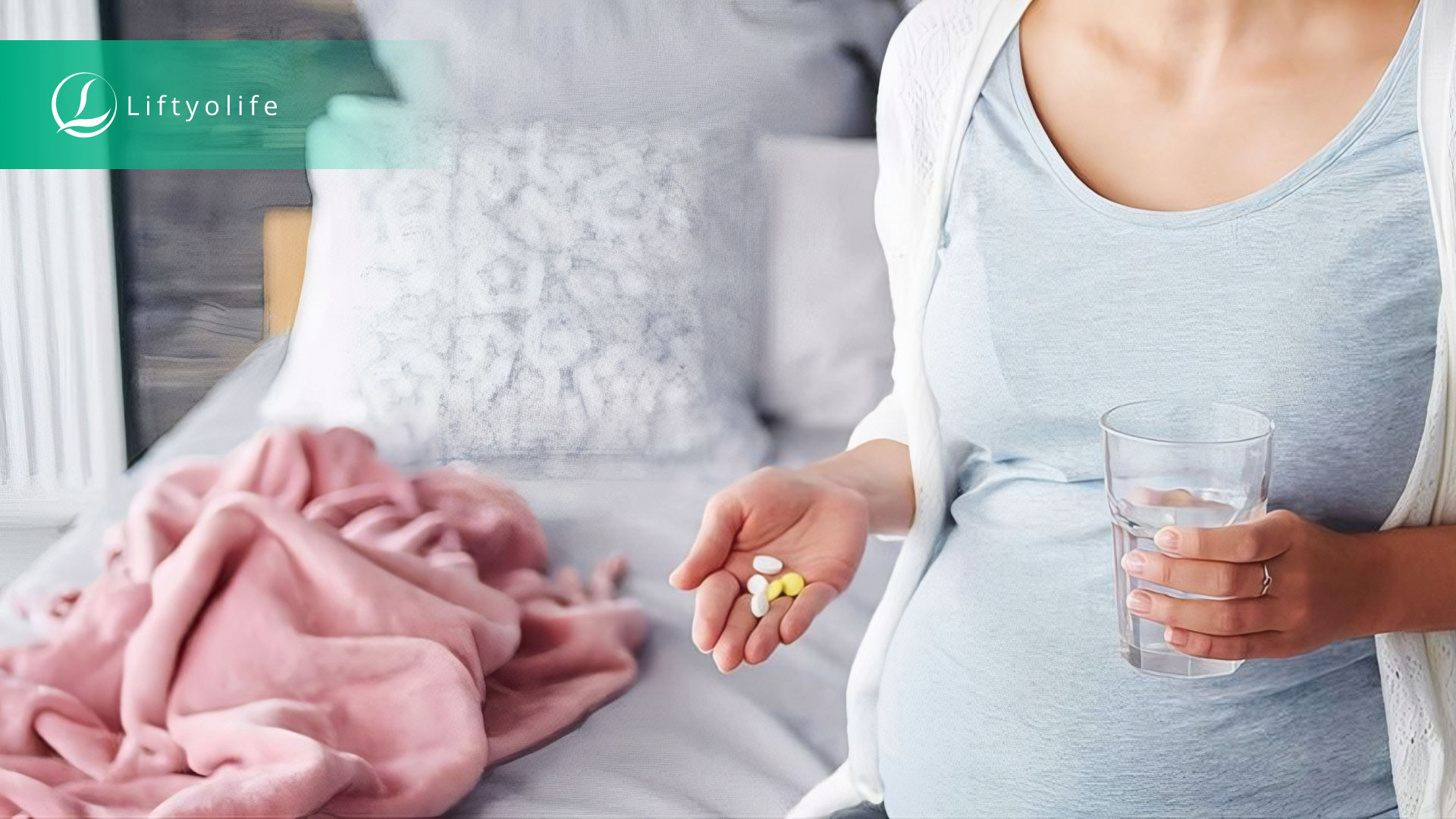
Why is a treatment for depression in pregnancy important?
5. How does depression affect pregnancy?
Depression during pregnancy can have many adverse effects on a mother’s health. The following consequences are some examples:
- Obstructing your ability to care for yourself. During your pregnancy, you must take care of your own health. If you are depressed during your pregnancy, you may find it challenging to follow medical advice, sleep and eat properly. Depression can cause you to disregard your personal needs.
- Increasing your chances of using harmful substances. Tobacco, alcohol, and illegal drugs are examples of such chemicals. Depression may lead to your use of these substances, all of which can be harmful to your baby.
- Interfering with your ability to bond with your developing child. While in the womb (uterus), your baby can hear you talk and sense emotion through the pitch, rhythm, and stress in your voice. If you are depressed in your pregnancy, it may be difficult to form this bond with your baby. You may experience feelings of emotional isolation.
To ensure the mother and baby’s physical and mental health, do not ignore every emotional expression of a pregnant mother. Understanding depression in pregnancy can provide critical insights into early life experience programs that develop neural systems that may contribute to illness risks throughout the lifespan. Liftyolife (liftyolife.com) can assist you in expanding your knowledge of them.
==> Read More:

